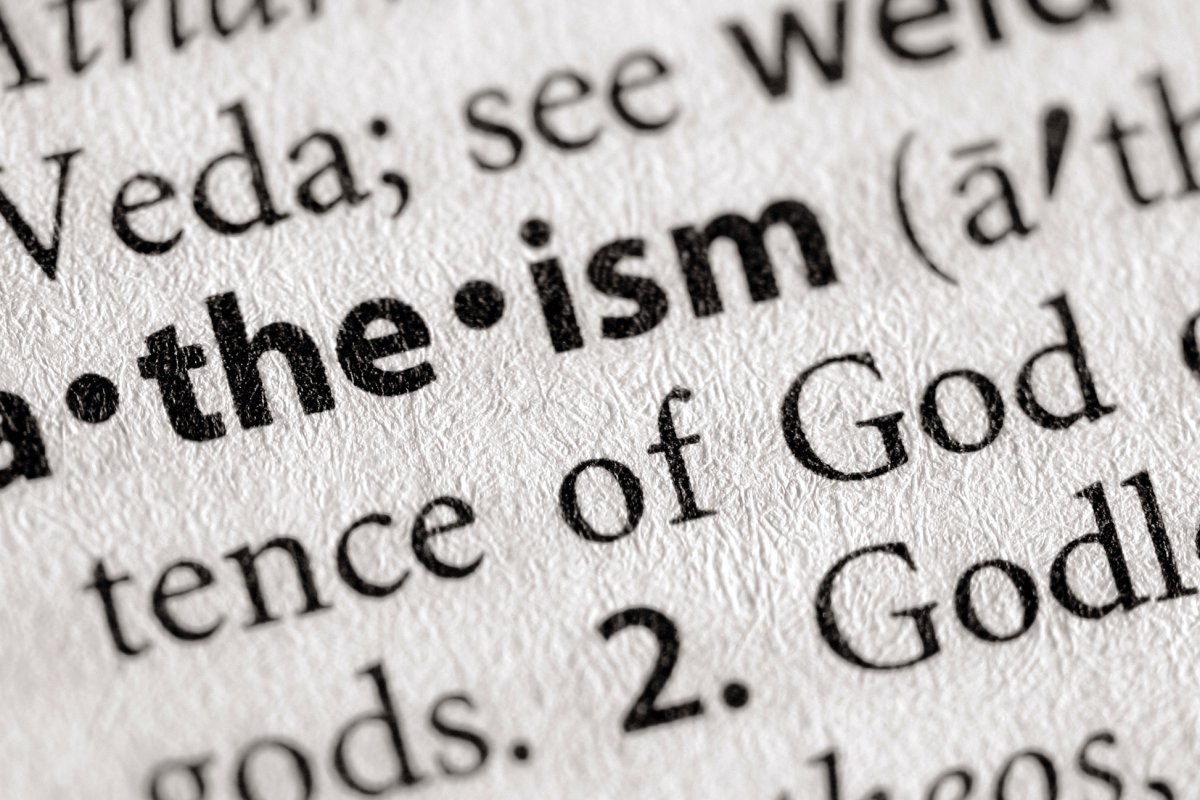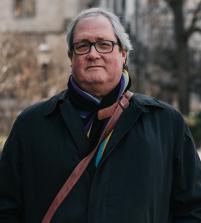
Give Me That Old-Time Atheism
Is there a new-er conversation about atheism brewing? And, if so, what might it offer religion?
By Richard A. RosengartenOctober 21, 2019
The twenty-first-century “aughts” have included a cultural kerfuffle about “the new Atheism”—a coalescence of critiques of theistic religion advanced by the biologist Richard Dawkins, the philosopher Daniel Dennett, the essayist Christopher Hitchens, and the neuroscientist Sam Harris. Reading through their various writings, one readily locates some common adjectives: religion—and Christianity is the usual target, the source of most of their examples—is moribund, obtuse, and obfuscatory.
While often grouped together as a movement, their cumulative impact turns out to have been limited. They had their fifteen minutes of fame, but I mean that descriptively, not dismissively. That it was so short is, in an important sense, regrettable. This is not because their arguments are either new or distinctive. Their claims—that reason and religion are simply antonymic; that religions can be sources of ill in the world; that religions can be found to express, represent, and defend themselves poorly; and that religions are at once hypocritical and capable of lying about their hypocrisy—such claims have ample historical antecedents, ancient and modern. A superb illustration of this occurs throughout an extended exchange between Dawkins and Rowan Williams.
Their short-run impact is lamentable, rather, because deliberate attention to theistic claims and positions should always be contested. Not to do so is to endorse as a default norm what is neither a philosophical nor a theological claim but a datum of history: the coincident modern usage of “religion” and the emergence of the idea of deism. While distancing themselves from certain Christian entailments (providence, miracles, etc.), deists were theists; their opprobrium for “Atheism” matched Hitchens’ contempt for Christianity. Deism readily conflated religion with theism, and Deism’s close relationship to Christianity gradually spawned a set of unreflective but tenacious associations (e.g., the United States as “a Christian nation”). Such associations have had striking and at times ironic effects: much of the energy of the “new Atheists” came from the occasions when it became bracingly clear that these critics of religion took the idea and consequent claims of theism more seriously than some of its avowed but less-reflective practitioners.
That said, the questions do not go away, even as there are more and less productive formulations of them. A more productive formulation has happened over the past year in three publications that, so far as I can see, have not been linked yet share a determination to contest the claim of theism and its consequences. These are, respectively, John Gray’s Seven Types of Atheism; Martin Hägglund’s This Life: Secular Life and Spiritual Freedom; and a new translation of an older book, Alexandre Kojeve’s Atheism. Their appearance is so far as I can see no media event. Taken together, these books have the potential to foster the serious conversation that theism deserves, and, in turn, the deliberative discourse about religion that can ask whether and how theism can nurture a social order.
Riffing on the literary critic William Empson’s Seven Types of Ambiguity, John Gray seeks to uncover and in turn to critique, with relatively genial severity, what he regards as modern society’s true religion: its faith in progress. Martin Hägglund, for his part, argues that, in positing an afterlife, religion underestimates the value of the closure of death and thereby permits its believers a relief from both the responsibility for and the actual vitality of the here and now; it is the consummate form of displacement. Alexandre Kojeve sketches with an emergent clarity the shared intellectual span of theism and atheism: a claim to a certitude outside our mental capacities with the result that in the end each is guilty of a kind of overreach that displaces needful attention to phenomenal experience and the political.
How do these newly emergent atheist perspectives differ from their predecessors? Not so much in the originality of their claims. The difference is rather that each of these writers seeks to deny the theistic claim by showing how its original association with “religion” has distorted a fact of personal and social consequence. Gray sees the idea of “progress” as an outgrowth of a social contract that links divine favor with prosperity. It is not so much that the market is God, but that investing the market with divinity has made the expectation of a progress that is economically unsustainable a source of inevitable disenchantment. Hägglund bemoans a cheapening of vitality and a lessening of integrity. Our failure to engage the finality of death and our concomitant propensity to fantasize about a future is not just incoherent but even corrosive to the search for enduring value in the here and now. Kojeve sees in the philosophical debate a common presumption to know more than can be known. The fight that Dennett wants to pick with religion is actually in service of the similar end of a merely different transcendental value that displaces realism about experience and politics.
Taken in tandem, what these three very different books underscore is the (in the aggregate, incompatible) range of warrants for the theistic claim and, in turn, the breadth of consequences those claims have had and continue to have, in principle and/or in fact, on the personal and the social levels. Theists of all manner of specific convictions should respond not with opprobrium but with an engaging welcome. Each represents what atheism has to offer to religion.
Sightings is edited by Joel Brown, a PhD Candidate in Religions in the Americas at the Divinity School, with assistance from Nathan Hardy, a PhD Candidate in the History of Christianity at the Divinity School. Sign up here to receive Sightings via email. You can also follow us on Facebook and Twitter.


